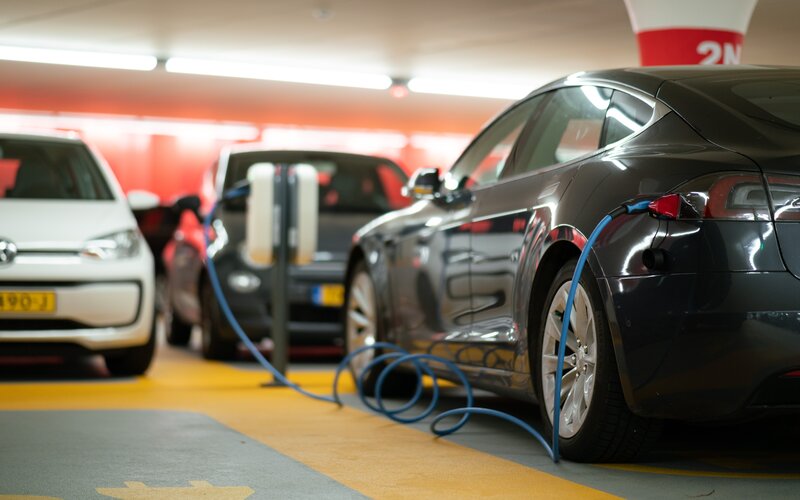The Federal Government will seek to deliver the nation's Future Fuels and Vehicles Strategy with an expanded $250 million Future Fuels Fund including $178 million in new funding.
By leveraging a greater amount of private sector investment, the Government will focus on four streams of key infrastructure and technology investment including:
- Public electric vehicle charging and hydrogen refuelling infrastructure.
- Heavy and long distance vehicle fleets.
- Light vehicle commercial fleets.
- Household smart charging.
The Government will also aim to encourage greater investment in battery charging and hydrogen refuelling infrastructure for the future through the development of a new Emissions Reduction Fund.
The Future Fuels and Vehicles Strategy is expected to result in more than $500 million of combined private and public co-investment.
Prime Minister Scott Morrison said the Future Fuels and Vehicles Strategy delivers on the Government’s recently released Long-Term Emissions Reduction Plan, which provides a view to achieving net-zero emissions by 2050.
"Our plan promised technology not taxes, choices not mandates and driving down the cost of new technologies, and that’s exactly what this Strategy delivers to Australians," the Prime Minister said.
"Just as Australians have taken their own decision to embrace roof-top solar at the highest rate in the world, when new vehicle technologies are cost competitive Australians will embrace them too.
"We will not be forcing Australians out of the car they want to drive or penalising those who can least afford it through bans or taxes, instead the Strategy will work to drive down the cost of low and zero emission vehicles, and enhance consumer choice."
Minister for Industry, Energy and Emissions Reduction Angus Taylor said the strategy is about helping motorists embrace the increasing range of technologies available to keep them moving in an informed and fair way.
"The Future Fuels and Vehicles Strategy sets out the Government’s technology-led approach to reducing transport emissions while ensuring Australians can drive their preferred type of vehicle – be that petrol, diesel, hydrogen or electric powered," Minister Taylor said.
"Voluntary adoption of electric vehicles is the right pathway for reducing transport emissions over the long term. Stringent standards, bans or regressive taxes will limit choice and increase the upfront costs of cars for Australians."
Through the introduction of the Future Fuels and Vehicles Strategy, the Federal Government projects battery electric and plug-in hybrid vehicles to make up 30% of new light vehicle sales.
Lack of emissions benchmark prompts call for greater action
While it welcomed the announcement overall the Federal Chamber of Automotive Industries noted the announcement made by the Morrison Government today as a 'missed opportunity' to apply a vehicle emissions standard that will set a clear target for Australian emissions reductions.
FCAI Chief Executive Tony Weber said Governments should focus on setting targets, not trying to pick winners through specific technology.
"Around the world, emissions targets are a clear sign of a governments intent to reduce emissions and sends a positive signal to automotive manufacturers to provide more electric powered vehicles to those markets," Mr Weber said.
"This is exactly what is needed in Australia."
The Electric Vehicle Council highlights the Future Fuels and Vehicles Strategy misses the mark to deliver minimum fuel efficiency standards, requiring car manufacturers to sell vehicles with a combined level of emissions below a defined benchmark and ultimately encouraging the sale of zero-emission vehicles.
Electric Vehicle Council CEO Behyad Jafari said fuel efficiency standards and rebates would give Australians more choice, making the best and most affordable EVs manufacturers are producing, swiftly available in our market.
"Fuel efficiency standards are the absolute bare minimum of what you would expect in any 21st century plan," Mr Jafari said.
"If Australia continues to be one of the only developed nations without fuel efficiency standards then we will continue to be a dumping ground for the world's dirtiest vehicles."
Image by Tommy Krombacher



 Denise Raward
Denise Raward
 Harry O'Sullivan
Harry O'Sullivan

 Emma Duffy
Emma Duffy
 Brooke Cooper
Brooke Cooper
